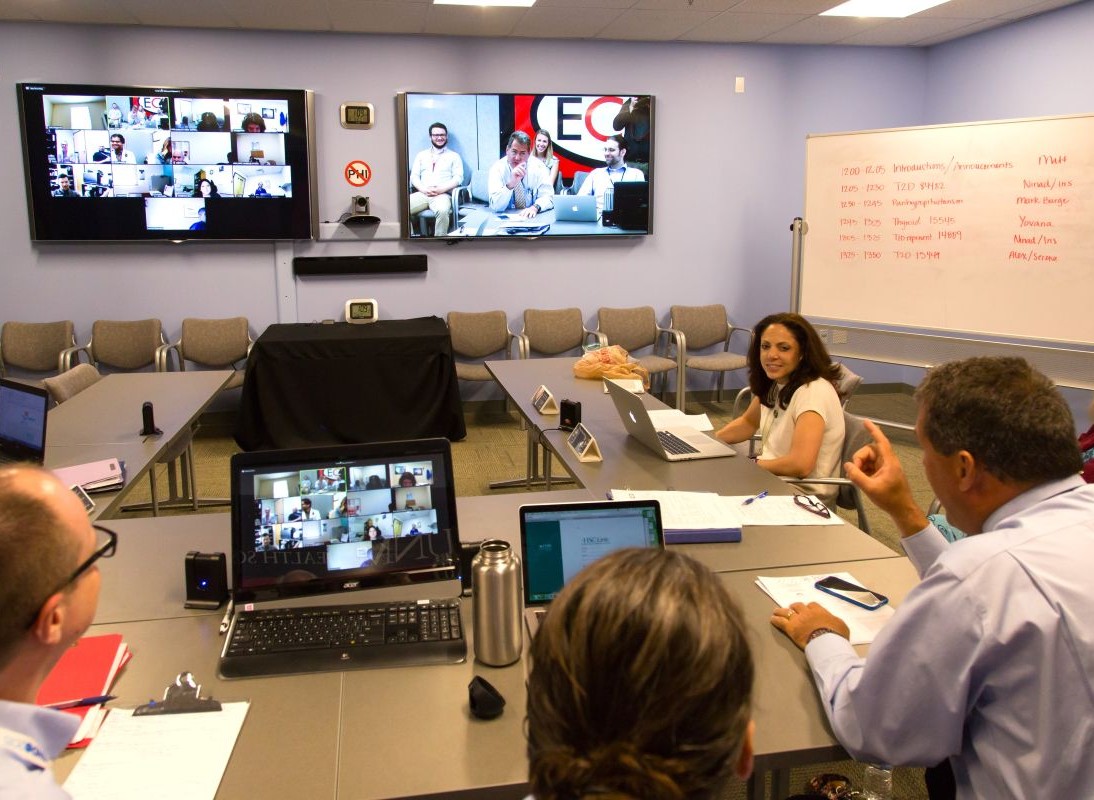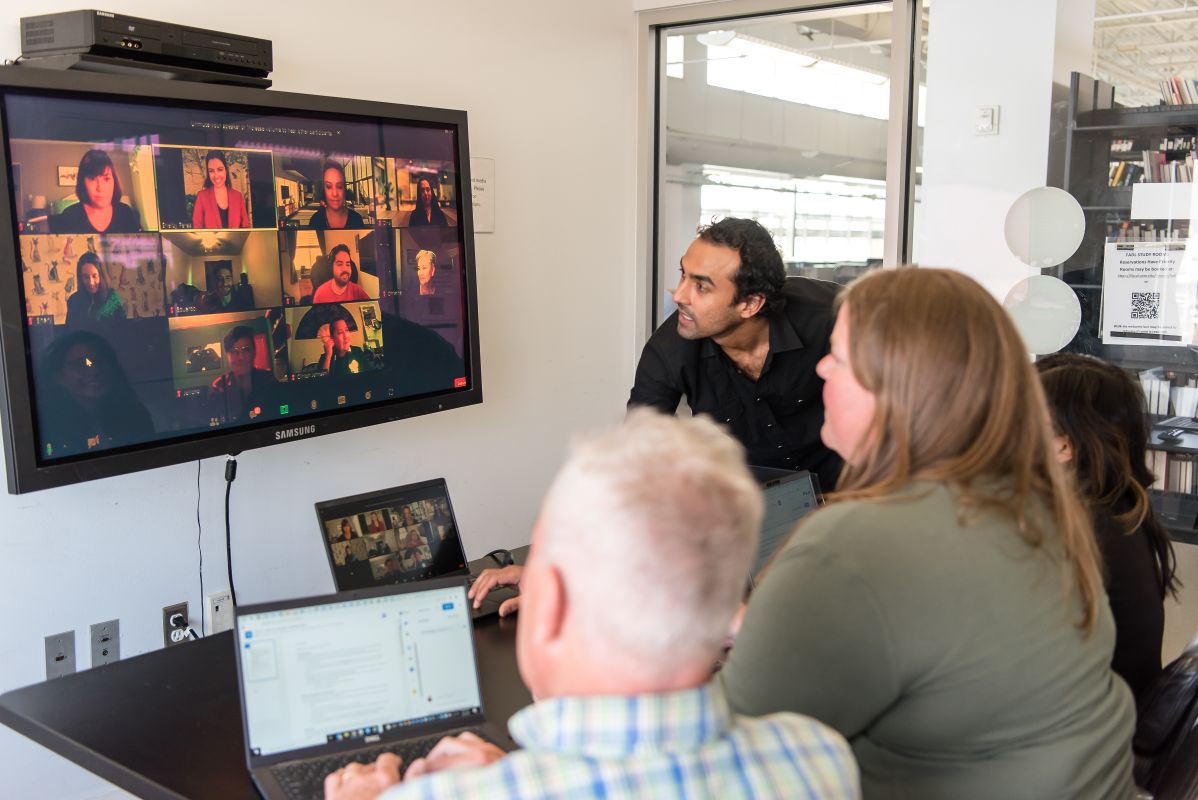Our Why
Every day around the globe, health workers, educators and others work tirelessly to support the wellbeing of people in their communities. But it often feels like they’re forced to operate with one hand tied behind their back, because they don’t have reliable access to the latest best practices and expert guidance they need to support their work.
As a result, up to six billion people around world have no opportunity to get the right care when they need it.
The solution is in the community, but they need support.

As a result, up to six billion people around world have no opportunity to get the right care when they need it.
The solution is in the community, but they need support.
What We Do
We believe that the right knowledge, at the right place, at the right time can improve and save innumerable lives. That’s why we scale what works, by creating sustainable systems for just-in-time virtual mentoring and collaborative problem-solving.
In today’s world more than ever, we need to move critical knowledge to where it’s needed most, and at lightning speed.
Our goal is to connect every frontline worker, in every corner of the world, to a community of practice that helps them hone and acquire new skills for greater impact.
We help to advance health and wellbeing in communities on every continent by connecting them to virtual networks of experts and peers who freely share their expertise, lived experiences, and support, so they can create their own solutions to their most pressing health and societal challenges.
We work across health, education, climate resilience, systems strengthening, and more—always centering local leadership and contextual knowledge with the goal of improving health and wellbeing for all.
This is our vision for changing the world.

How We Work
At Project ECHO, we work with local partners to build capacity where it’s needed most – ensuring that people everywhere can access the knowledge they need to save lives and improve wellbeing.
We work hand-in-hand with community-based organizations, ministries of health, and academic institutions to ensure that our efforts are locally led and responsive to local needs.

We do this by training and supporting partner organizations (“Hubs”) globally to implement the ECHO Model to address priorities in their communities.
A small and experienced group of these partners (“Superhubs”) are licensed by Project ECHO to train other organizations to use the ECHO Model. This allows for a much larger network effect and much quicker adoption of the model, worldwide. They propel the use of the ECHO Model at local levels by providing tailored training and support in local languages and contexts.
Our Services
Through a growing global network, our programs are active in more than 180 countries and areas.
Project ECHO is headquartered at The University of New Mexico Health Sciences Center in Albuquerque, New Mexico, and offers a wide range of services to fulfill our mission. These include:
- Capacity Building for Hubs: Assistance to help ministries, nonprofits and universities become ECHO Hubs.
- Creating Community: Foster community by hosting regular learning collaboratives and global convenings where Hub and Superhub teams can share lessons learned, co-develop solutions, and stay current on innovations in the model.
- Digital Infrastructure: Access to platforms and tools for virtual learning and data tracking.
- Monitoring and Evaluation: Tools and guidance to measure program outcomes and improve impact.
- Operating Programs: Regular, virtual learning sessions led by subject-matter experts using case-based learning. Learn more about our programs in our home state of New Mexico.
- Training and Technical Assistance: Support for organizations and governments to design, launch, and sustain ECHO programs tailored to local needs.
- Superhub Training: Support for advanced ECHO Hubs to train others in launching and scaling ECHO programs.
Our work is supported by a distributed infrastructure of regional leaders and partners, and we have a presence in every continent (except Antarctica!), with affiliated offices in New Delhi and Nairobi and strong regional engagement in Africa, Europe, India and South Asia, Latin America, North America and Southeast Asia.
